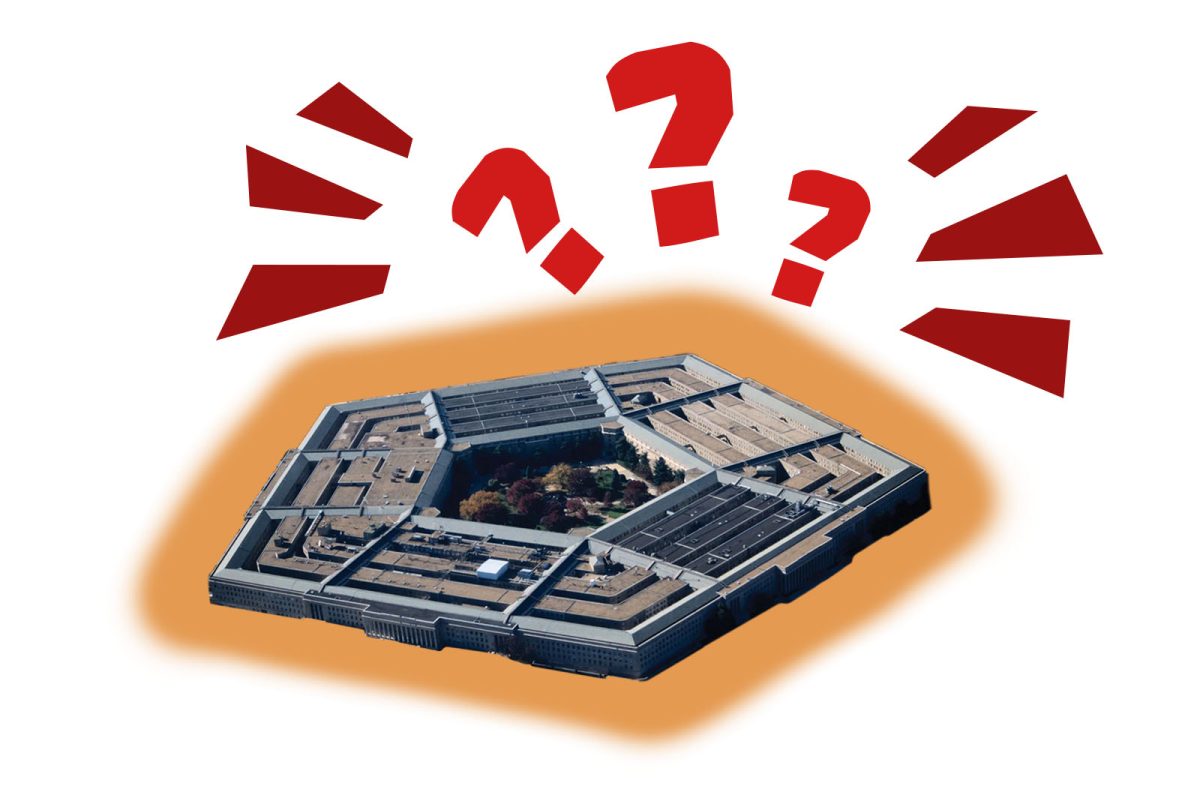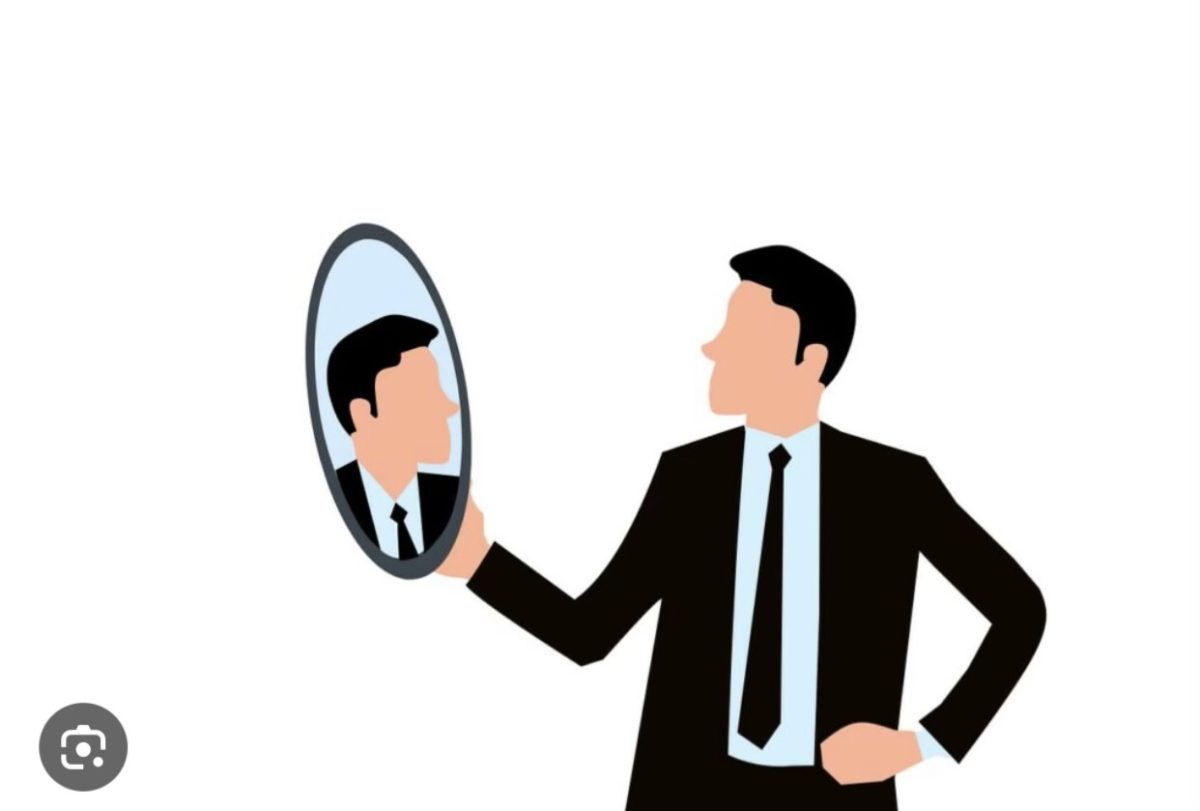Charles Bukowski had a philosophy about higher education.
Well, sort of a philosophy.
He thought it was a load of crap. He went to college for a few years in order to appear productive to his parents and his peers (and perhaps, deceivingly, to himself); but underneath the pretense of going to class and joining sports teams, he was a raging drunk with no hope in the prospects that his university had to offer.
He was skeptical of all the pretenses of higher education and the abstractions of sociology and ancient literature. To him, the random jobs he held and the people he met riding in rail cars were far more real, alive and understandable than the business of getting a degree.
I don’t entirely agree with him. I think education is important, otherwise I wouldn’t be pursuing one. I think it is necessary to understand the world, that it is our responsibility to do so and that college opens up vast worlds that are largely inaccessible to us if were we are not equipped with the power of a big academic institution.
But at the same time, I feel college is limiting. In my four or so years, while I’ve felt I was connecting with something, some important knowledge about reality and history and people and the universe, I still felt outside of the majority of society. That the routine of classes and the studying of books is important, but that it is only a beginning.
I’m starting to agree with Bukowski. I feel that the most valuable and down-to-earth experiences in our lives come from thrusting ourselves into that jutting and most calculating space everybody considers the “real world,” where we are reliant solely upon ourselves. It is what all those 1970s hippie books our parents read were about: the shedding of our suburban skin, the rejection of privilege and class and the acceptance of the hardness, the harshness, the stark independence of “real life”.
All that those beats—Bukowski himself, and Kerouac, Burroughs, Ginsberg—meant to say that the comfy college life was more of a chimera than an Eden; that outside the dorms and lecture halls there is a sort-of-freedom (less intellectual and more ballsy) a reality that Newsweek and Times do not quite portray correctly and that we cannot quite grasp watching television. It is some reality that lies only in the experience of living on our own and the immediate discomfort—but eventual gratification—that such an endeavor brings.
College is a good place to be, for a while. But I don’t want to get caught there. I still want to grow up and gain knowledge about the world, but I want to do all of that in real time. I want to work in the forest to learn about the forest and work with people to learn about them. I want to hold a thousand worthless jobs only because it will get me out of my apartment and the textbook-haze of schoolwork, and launch headfirst into brutal working-class America.
Am I justifying random, underpaid employment? Sure. Am I too lazy to go to grad school? Perhaps. But I still think what I say is true. There is something to getting out on our own, right off the bat after graduation, and just finding something to do and a way to support ourselves. In being immersed in all the trials the world has to offer. In being an adult, maybe, at some point.
Roberta Singer is a senior in the College of Arts and Sciences.










